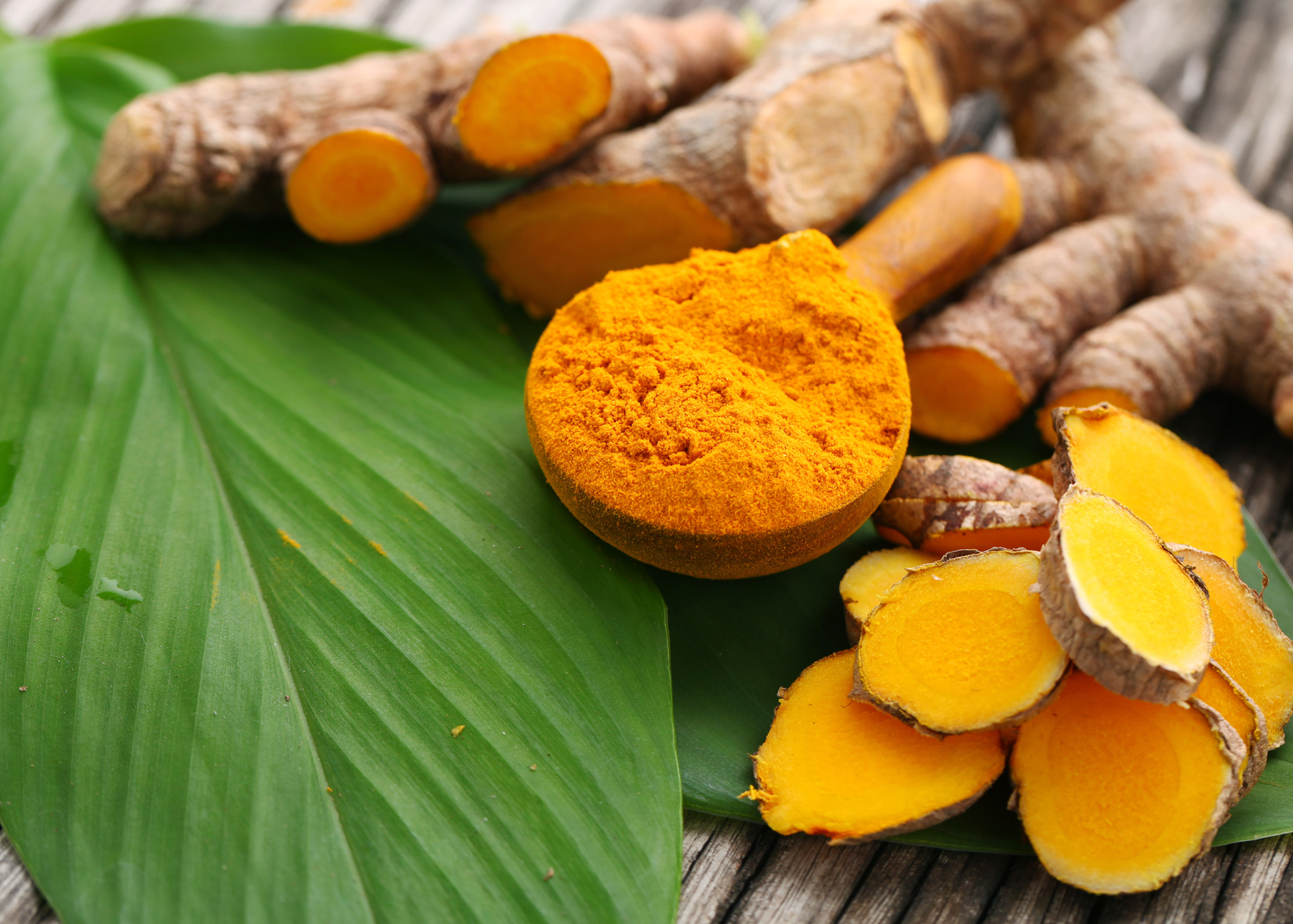An Overview Of Turmeric And Curcumin
An overview of turmeric and curcumin
Our world is full of wondrous spices. In ancient Asian culture, spices and natural remedies are given a lot of importance. However, even in our country, we are slowly becoming aware of these superfoods and incorporating them into our diets. Here, we will talk about one such superfood, which is turmeric, and a super nutrient found in it, known as curcumin.
What is turmeric?

- Turmeric is a spice, which is extracted from the turmeric tree.
- It is known for its slightly bitter and warm taste and is majorly used for curry preparations in the Asian cuisine.
- While it is mainly used for cooking across the globe, its roots have beneficial properties.
- Its main constituent is curcumin, which gives it powerful properties.
What is curcumin?
- Curcumin is a type of chemical, which is produced by many different plants, mainly, turmeric. Turmeric and curcumin are often used as interchangeable terms.
- It is bright yellow in color and is known to give turmeric its signature yellow tinge.
- It is used as an herbal supplement, a flavoring agent for foods, and an ingredient for cosmetics.
- It is mainly obtained from a constituent of turmeric plant known as the dried rhizome. The rhizome part is processed extensively to produce about 2% to 5% of curcumin.
Where is turmeric commonly found?
- Turmeric is not found abundantly in any of the forests in the world.
- It is mainly cultivated in South-east Asia.
- Three major producers of turmeric in the world are India, China, and Africa.
- However, because of the medicinal properties and the taste it adds to food, it is sold in most of the countries in the world and you will easily be able to source ground turmeric from a local Indian or a Chinese market.
What are the medicinal properties of turmeric and curcumin?
- Turmeric and curcumin are mainly used as flavoring agents, but they have a lot of medicinal benefits.
- Tumeric mainly consists of curcuminoids, out of which the main one is curcumin. It is anti-inflammatory in nature.
- Turmeric also has bioactive compounds and curcumin is known for being fat soluble in nature.
- This superfood drastically increases the antioxidants in the body, which are known to combat various diseases and slow down certain bodily processes such as aging.
- One great benefit of consuming turmeric and curcumin is that it boosts brain functioning and also lowers the risk of brain disease.
- Curcumin may also reduce the risk of heart disease.
- Additionally, consuming turmeric and curcumin have shown to reduce the risk of developing cancer and improve quality of life for arthritis patients.
- While studies are being conducted to further confirm this research, turmeric and curcumin both may prove to reduce the risk of Alzheimer’s as well.
What are the side effects of turmeric and curcumin?
- Turmeric and curcumin side effects may occur if you consume them in excess.
- If consumed in higher dosages, it may result in indigestion.
- Diarrhea and nausea may also occur as turmeric and curcumin side effects when they are consumed in abnormal quantities.
- People have also reported developing skin rashes, but this is rare.
In what forms can turmeric be consumed?
- There are various ways of adding turmeric to your daily diet.
- The most common and delicious way is to add a spoon of turmeric powder to a glass of boiled milk.
- You can consume turmeric powder in three parts of raw honey to get rid of your cold and even to increase your immunity.
- Add it to your vegetable soup to enhance flavor or simply sprinkle it on top of your breakfast to get the maximum benefit of turmeric and curcumin.
Go the natural way and use turmeric to reap its various benefits!
Disclaimer:
The content provided on our blog site traverses numerous categories, offering readers valuable and practical information. Readers can use the editorial team’s research and data to gain more insights into their topics of interest. However, they are requested not to treat the articles as conclusive. The website team cannot be held responsible for differences in data or inaccuracies found across other platforms. Please also note that the site might also miss out on various schemes and offers available that the readers may find more beneficial than the ones we cover.